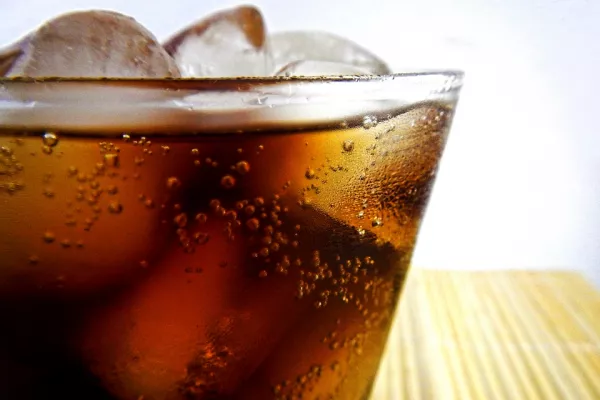Australia's biggest soft drink makers, including Coca-Cola and Pepsi, have pledged to cut industry-wide sugar use by a fifth over seven years to curb obesity.
Australia has the fifth-highest rate of obesity in the developed world, according to the Organisation for Economic Cooperation and Development, a health condition that can exacerbate problems from diabetes to heart disease.
Beverage producers in Australia have already seen some consumers switch away from sugary drinks because of health concerns and they have pledged the reduction as authorities press for a sugar tax similar to one introduced in Britain in April.
"We think this is a step in the right direction," said Geoff Parker, chief executive officer of the Australian Beverages Council, the main body representing non-alcoholic drink makers, an industry which generates A$5 billion (US$3.7 billion) in annual revenue.
"We're certainly encouraging other sectors of the food supply, and indeed other categories to join with us to reduce sugar across the portfolio to help tackle what is a really a complex problem and that is obesity."
Reduction Percentage
Companies will aim for a 10% reduction in total sugar per 100 millilitres in their drinks by 2020 and a 20% reduction by 2025, achieved via a combination of recipe modification and increasing sales of low-sugar beverages, the Beverages Council said.
The World Health Organisation (WHO) said last year drinking fewer sweet drinks was the best way to curb excessive weight and prevent chronic diseases such as diabetes, although fat and salt in processed foods were also to blame.
It has pressed for governments to tax sugar.
In Australia, where according to WHO statistics two-thirds of adults are overweight and nearly a third are obese or grossly overweight, the Australian Medical Association has pressed for a sugar tax but it has been resisted by the country's two major political parties.
"We don't want to see the price of groceries go up," Health Minister Greg Hunt told the Australian Broadcasting Corporation.
News by Reuters, edited by Hospitality Ireland. Click subscribe to sign up for the Hospitality Ireland print edition.









